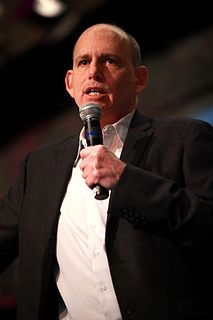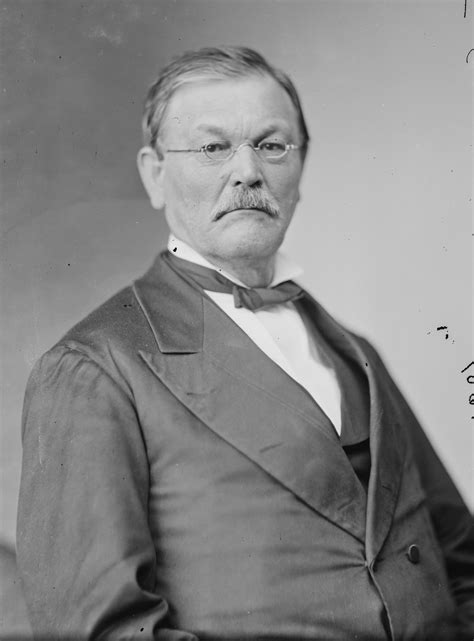A Quote by Alejandro Jodorowsky
We have to be very conscious of the fact that beneath every illness is a prohibition. A prohibition that comes from a superstition.
Quote Topics
Related Quotes
Islam makes very large claims for itself. In its art, there is a prejudice against representing the human form at all. The prohibition on picturing the prophet - who was only another male mammal - is apparently absolute. So is the prohibition on pork or alcohol or, in some Muslim societies, music or dancing. Very well then, let a good Muslim abstain rigorously from all these. But if he claims the right to make me abstain as well, he offers the clearest possible warning and proof of an aggressive intent.
The First Amendment of the US Constitution ... is an eloquent repudiation of the First Commandment's prohibition of religious freedom. It is also a repudiation of the Third Commandment's prohibition of freedom of speech. The Thirteenth Amendment repudiates the institution of slavery which is so cozily assumed by the Fourth and Tenth Protestant Commandments.
There is no evidence to show that prohibition has ever had its intended impact. Of course, just as banning beef has reduced beef consumption, banning alcohol will lead to reduced alcohol consumption. But, there appears to be little or no correlation between, say, domestic violence or household impoverishment and prohibition.







































